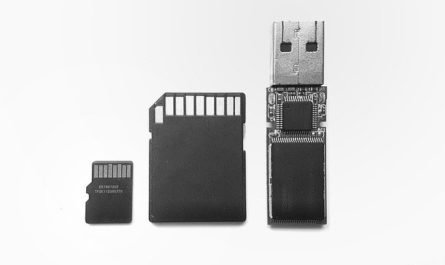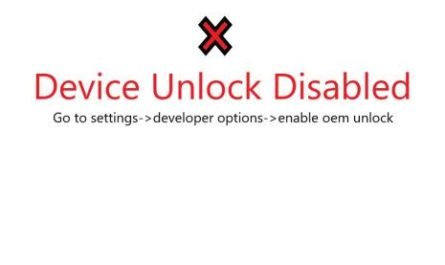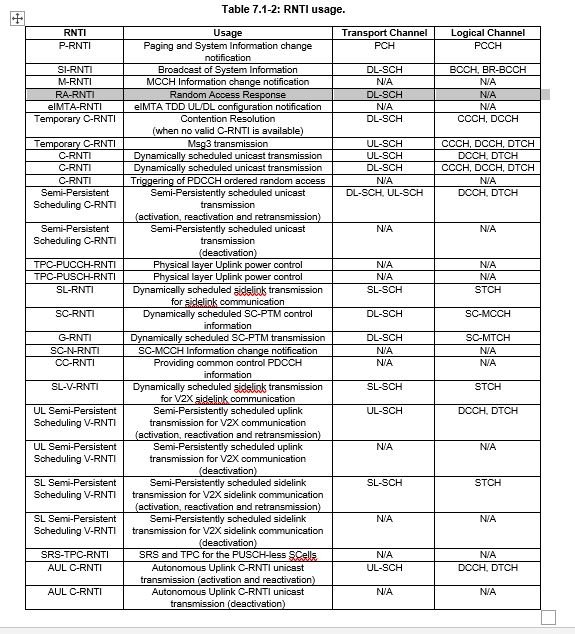
adb commands | adb devices | adb device not found | adb push | adb shell
To run adb commands, you just need to open command prompt in windows or terminal in linux and run any adb commands like adb devices, adb push, adb shell.
Adb commands
- adb devices
- adb reboot
- adb reboot bootloader -> reboot the device in fastboot mode
- adb wait for device
- get-state -> print the state of the device (offline | bootloader | device)
- adb remount
- adb kill-server
- adb start-server
- adb start server
- adb bugreport
- adb logcat -> prints device log
- adb reconnect
- adb push
- adb pull
adb devices not found:
If you don’t see your device then click here to enable debug mode How to Unlock oem locked bootloader android phone.
adb –help (out put):
global options:
-a listen on all network interfaces, not just localhost
-d use USB device (error if multiple devices connected)
-e use TCP/IP device (error if multiple TCP/IP devices available)
-s SERIAL use device with given serial (overrides $ANDROID_SERIAL)
-t ID use device with given transport id
-H name of adb server host [default=localhost]
-P port of adb server [default=5037]
-L SOCKET listen on given socket for adb server [default=tcp:localhost:5037]
general commands: devices [-l] list connected devices (-l for long output) help show this help message version show version num
networking:
connect HOST[:PORT] connect to a device via TCP/IP [default port=5555] disconnect [HOST[:PORT]] disconnect from given TCP/IP device [default port=5555], or all pair HOST[:PORT] [PAIRING CODE] pair with a device for secure TCP/IP communication forward --list list all forward socket connections forward [--no-rebind] LOCAL REMOTE forward socket connection using: tcp:<port> (<local> may be "tcp:0" to pick any open port) localabstract:<unix domain socket name> localreserved:<unix domain socket name> localfilesystem:<unix domain socket name> dev:<character device name> jdwp:<process pid> (remote only) acceptfd:<fd> (listen only) forward --remove LOCAL remove specific forward socket connection forward --remove-all remove all forward socket connections ppp TTY [PARAMETER...] run PPP over USB reverse --list list all reverse socket connections from device reverse [--no-rebind] REMOTE LOCAL reverse socket connection using: tcp:<port> (<remote> may be "tcp:0" to pick any open port) localabstract:<unix domain socket name> localreserved:<unix domain socket name> localfilesystem:<unix domain socket name> reverse --remove REMOTE remove specific reverse socket connection reverse --remove-all remove all reverse socket connections from device mdns check check if mdns discovery is available mdns services list all discovered services
file transfer:
push [--sync] [-z ALGORITHM] [-Z] LOCAL... REMOTE copy local files/directories to device --sync: only push files that are newer on the host than the device -n: dry run: push files to device without storing to the filesystem -z: enable compression with a specified algorithm (any, none, brotli) -Z: disable compression pull [-a] [-z ALGORITHM] [-Z] REMOTE... LOCAL copy files/dirs from device -a: preserve file timestamp and mode -z: enable compression with a specified algorithm (any, none, brotli) -Z: disable compression sync [-l] [-z ALGORITHM] [-Z] [all|data|odm|oem|product|system|system_ext|vendor] sync a local build from $ANDROID_PRODUCT_OUT to the device (default all) -n: dry run: push files to device without storing to the filesystem -l: list files that would be copied, but don't copy them -z: enable compression with a specified algorithm (any, none, brotli) -Z: disable compression
adb shell:
shell [-e ESCAPE] [-n] [-Tt] [-x] [COMMAND…]
run remote shell command (interactive shell if no command given)
-e: choose escape character, or “none”; default ‘~’
-n: don’t read from stdin
-T: disable pty allocation
-t: allocate a pty if on a tty (-tt: force pty allocation)
-x: disable remote exit codes and stdout/stderr separation
emu COMMAND run emulator console command
app installation
install [-lrtsdg] [--instant] PACKAGE. push a single package to the device and install it. install-multiple [-lrtsdpg] [--instant] PACKAGE... push multiple APKs to the device for a single package and install them install-multi-package [-lrtsdpg] [--instant] PACKAGE... push one or more packages to the device and install them atomically -r: replace existing application -t: allow test packages -d: allow version code downgrade (debuggable packages only) -p: partial application install (install-multiple only) -g: grant all runtime permissions --abi ABI: override platform's default ABI --instant: cause the app to be installed as an ephemeral install app --no-streaming: always push APK to device and invoke Package Manager as separate steps --streaming: force streaming APK directly into Package Manager --fastdeploy: use fast deploy --no-fastdeploy: prevent use of fast deploy --force-agent: force update of deployment agent when using fast deploy --date-check-agent: update deployment agent when local version is newer and using fast deploy --version-check-agent: update deployment agent when local version has different version code and using fast deploy (See also `adb shell pm help` for more options.) uninstall [-k] PACKAGE remove this app package from the device '-k': keep the data and cache directories
debugging:
bugreport [PATH] write bugreport to given PATH [default=bugreport.zip]; if PATH is a directory, the bug report is saved in that directory. devices that don’t support zipped bug reports output to stdout. jdwp list pids of processes hosting a JDWP transport logcat show device log (logcat –help for more)
security:
disable-verity disable dm-verity checking on userdebug builds enable-verity re-enable dm-verity checking on userdebug builds keygen FILE generate adb public/private key; private key stored in FILE,
scripting:
wait-for[-TRANSPORT]-STATE... wait for device to be in a given state STATE: device, recovery, rescue, sideload, bootloader, or disconnect TRANSPORT: usb, local, or any [default=any] get-state print offline | bootloader | device get-serialno print <serial-number> get-devpath print <device-path> remount [-R] remount partitions read-write. if a reboot is required, -R will will automatically reboot the device. reboot [bootloader|recovery|sideload|sideload-auto-reboot] reboot the device; defaults to booting system image but supports bootloader and recovery too. sideload reboots into recovery and automatically starts sideload mode, sideload-auto-reboot is the same but reboots after sideloading. sideload OTAPACKAGE sideload the given full OTA package root restart adbd with root permissions unroot restart adbd without root permissions usb restart adbd listening on USB tcpip PORT restart adbd listening on TCP on PORT
internal debugging:
start-server ensure that there is a server running kill-server kill the server if it is running reconnect kick connection from host side to force reconnect reconnect device kick connection from device side to force reconnect reconnect offline reset offline/unauthorized devices to force reconnect
environment variables:
$ADB_TRACE comma-separated list of debug info to log: all,adb,sockets,packets,rwx,usb,sync,sysdeps,transport,jdwp $ADB_VENDOR_KEYS colon-separated list of keys (files or directories) $ANDROID_SERIAL serial number to connect to (see -s) $ANDROID_LOG_TAGS tags to be used by logcat (see logcat --help). $ADB_LOCAL_TRANSPORT_MAX_PORT max emulator scan port (default 5585, 16 emus) $ADB_MDNS_AUTO_CONNECT comma-separated list of mdns services to allow auto-connect (default adb-tls-connect).



